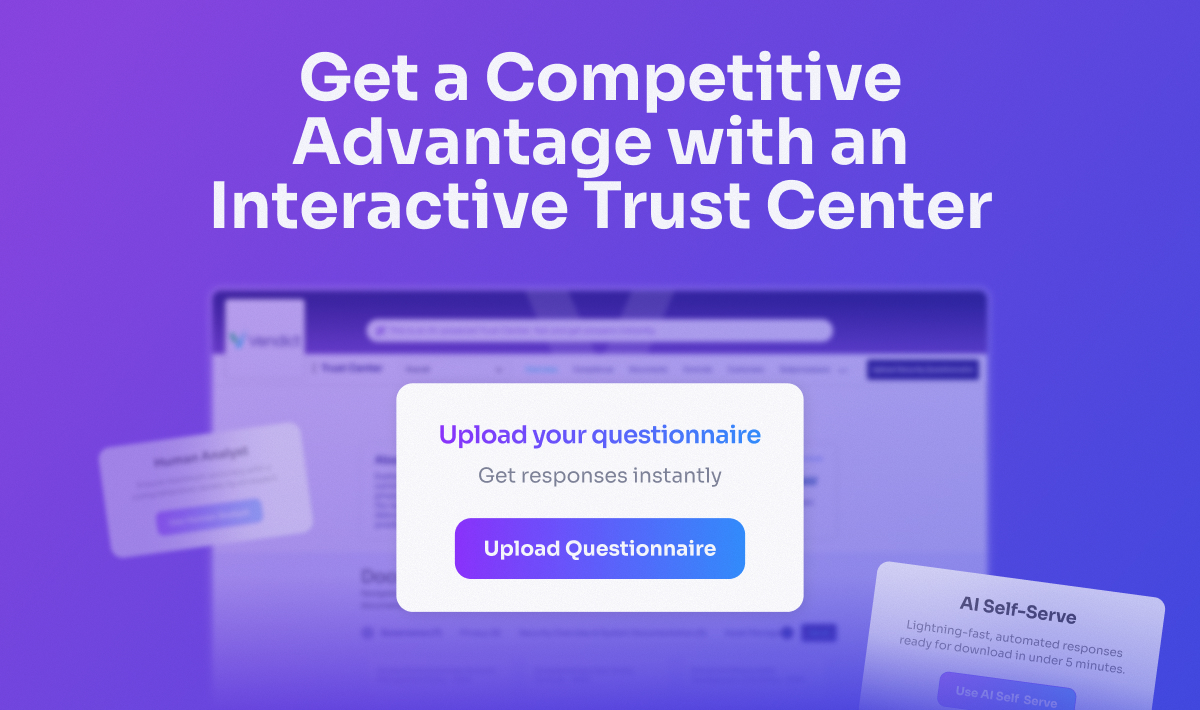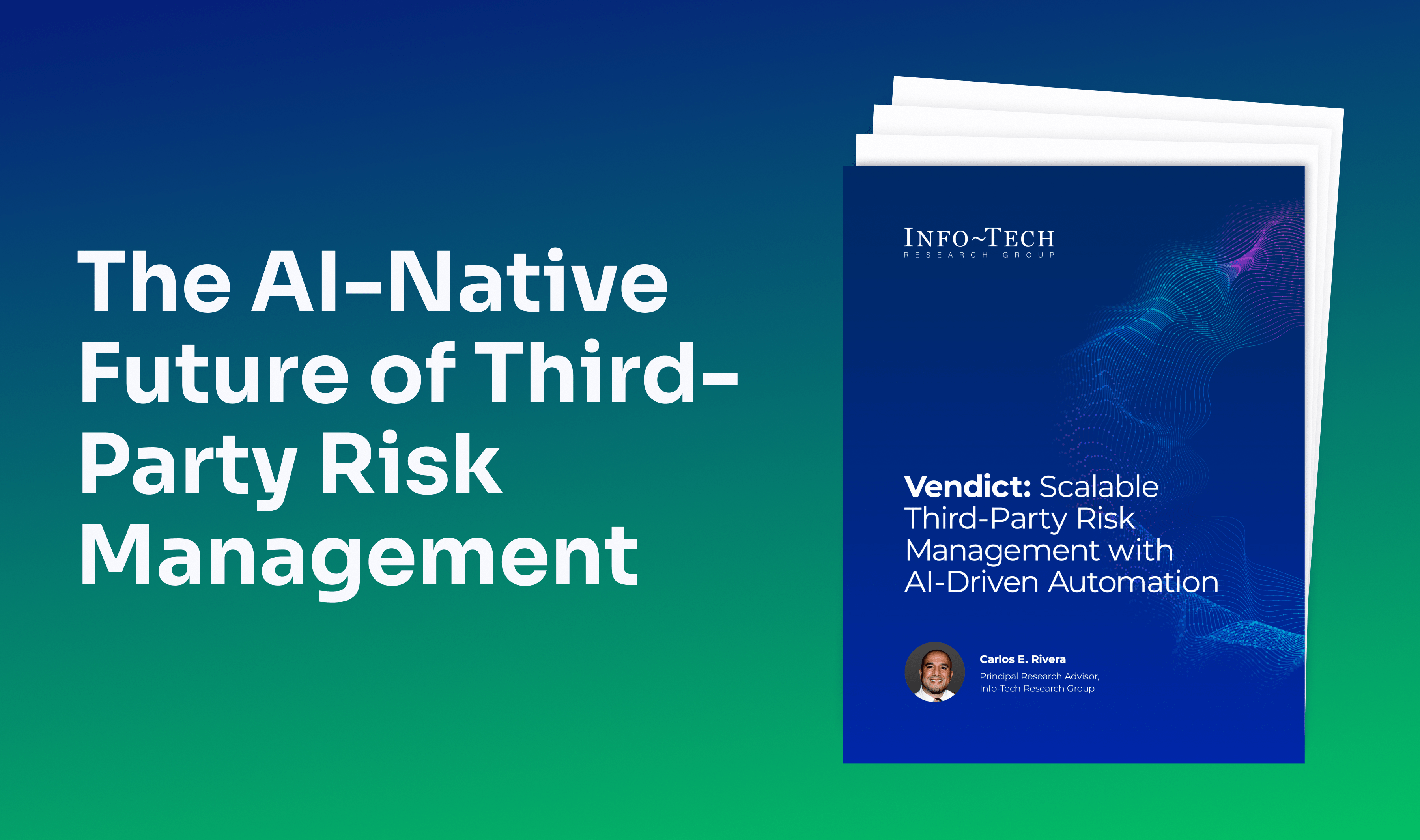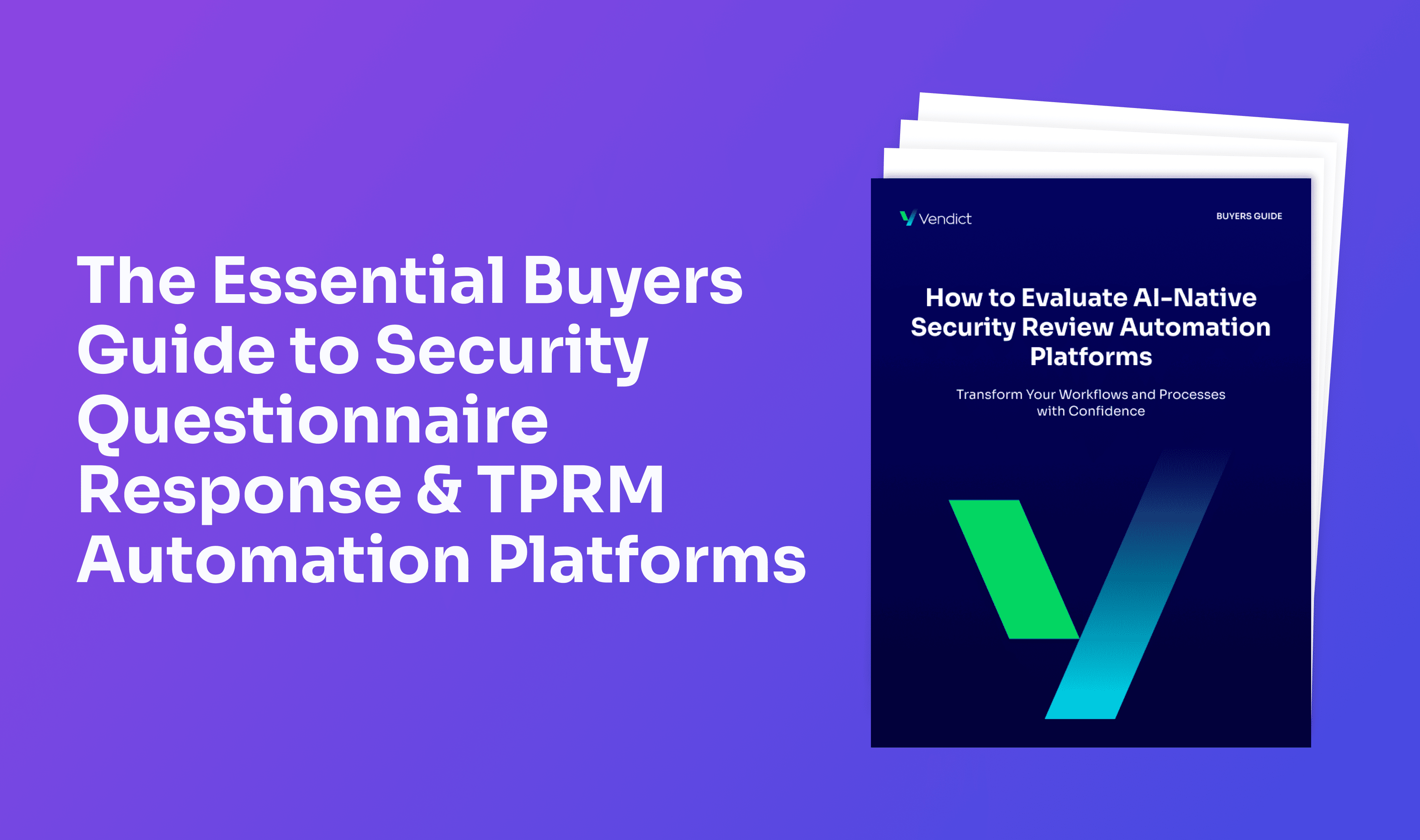There are 3 Types of CISOs - Which One Are You?

In the rapidly evolving landscape of cybersecurity, the Chief Information Security Officer (CISO) role has never been more crucial. As guardians of their organizations' digital fortresses, CISOs must navigate an ever-expanding threat environment while enabling business growth and innovation. However, not all CISOs approach their duties in the same way. Their strategies, priorities, and methodologies can vary significantly, leading to the emergence of distinct types of CISOs: The Gatekeeper, The Strategist, and The Alchemist.
This article delves into these three archetypal roles, exploring how each contributes to securing the organization's digital assets and data. By understanding these roles, current and aspiring CISOs can better assess their own approaches to cybersecurity, identify areas for development, and refine their strategies to meet the complex demands of the modern enterprise.
The Gatekeeper CISO
At the heart of cybersecurity operations is The Gatekeeper CISO, whose primary focus is protecting data and systems from cyber threats. This type of CISO is characterized by a vigilant and proactive stance towards security, emphasizing the importance of strong defensive measures and rapid response to potential breaches. The Gatekeeper's domain is the technical realm, where firewalls, encryption, and intrusion detection systems form the barrier against attackers.
Key responsibilities of The Gatekeeper CISO include:
- Implementing robust security technologies: Deploying state-of-the-art cybersecurity tools to detect, prevent, and respond to threats.
- Monitoring and threat intelligence: Continuously scanning the digital horizon for emerging threats and vulnerabilities, ensuring that the organization's defenses remain up to date.
- Incident response and recovery: Establishing and executing effective plans to mitigate the impact of security incidents, ensuring swift recovery and minimal damage.
The Gatekeeper's effectiveness is measured by their ability to maintain the integrity and availability of the organization's IT systems, safeguarding against disruptions that could lead to financial loss, reputational damage, or regulatory penalties. Their technical expertise and dedication to securing the organization's digital assets are indispensable in the fight against cybercrime.
The Strategist CISO
In the boardroom and beyond, The Strategist CISO plays a pivotal role in integrating cybersecurity into the broader business strategy. This CISO type is a visionary, looking beyond the immediate technical challenges to understand how security can serve larger organizational goals. The Strategist focuses on policy development, stakeholder alignment, and fostering a culture of security awareness throughout the enterprise.
Key aspects of The Strategist CISO's role include:
- Policy and Framework Development: Crafting comprehensive security policies that align with business objectives and regulatory requirements, ensuring a standardized approach to cybersecurity across the organization.
- Stakeholder Engagement: Acting as a bridge between the IT department and other business units, ensuring that all parts of the organization understand the importance of cybersecurity measures and how they contribute to the business's overall success.
- Education and Awareness: Leading initiatives to raise security awareness among employees, promoting a culture of vigilance and responsibility towards the organization's digital health.
The Strategist's success is gauged by their ability to weave security into the fabric of the organization's operations, ensuring that every decision and process considers the implications for data protection and threat mitigation. Through careful planning and effective communication, The Strategist CISO ensures that cybersecurity is not an afterthought but a fundamental component of business strategy.
The Alchemist CISO
Where The Gatekeeper and The Strategist lay the groundwork, The Alchemist CISO seeks to transform cybersecurity from a cost center into a strategic asset. This type of CISO excels in balancing risk management with business innovation, finding ways to leverage security measures to enable new opportunities rather than merely containing threats.
Key functions of The Alchemist CISO include:
- Business Alignment: Aligning security initiatives with business goals, demonstrating how robust cybersecurity can facilitate rather than hinder business growth and innovation.
- Risk Management: Adopting a holistic approach to risk, understanding that not all risks can (or should) be eliminated, and focusing on strategic risk mitigation that supports business objectives.
- Innovation and Adaptation: Championing cutting-edge technologies and methodologies to enhance security postures while ensuring the organization remains agile and adaptive to the evolving digital landscape.
The Alchemist CISO's role is pivotal in demonstrating the value of cybersecurity investments to the organization. By showing how security measures can open new doors and protect the company's assets, The Alchemist helps to shift the perception of cybersecurity from a necessary expense to a strategic advantage.
Through their work, The Alchemist CISO ensures that security measures are not just about locking down assets but about enabling the business to move forward securely and confidently. This approach protects the organization and contributes to its competitive edge in the marketplace.
Balancing the Three Archetypes
A proficient Chief Information Security Officer (CISO) does not strictly adhere to just one of these archetypes but rather embodies elements from all three. This balanced approach ensures a comprehensive understanding and handling of the organization's cybersecurity landscape. Here’s how a CISO can integrate the strengths of each archetype:
Adapting to Evolving Challenges
Cybersecurity is not static. A balanced CISO stays ahead of emerging threats by combining the proactive defense mechanisms of The Gatekeeper, the strategic foresight of The Strategist, and the innovative mindset of The Alchemist. This adaptability ensures the organization's security posture evolves in tandem with new technological landscapes and threat vectors.
Stakeholder Engagement and Communication
Effective communication with stakeholders across the organization is crucial. By adopting The Strategist's approach to engaging diverse business units in meaningful dialogue about cybersecurity, a CISO ensures that security becomes a shared responsibility deeply ingrained in the organizational culture.
Leveraging Technology for Compliance and Security
The Alchemist's appetite for innovation is critical in today’s fast-paced digital world. By leveraging advanced technologies and AI-powered solutions, a CISO can address compliance requirements more efficiently while also enhancing the organization's security measures. This not only streamlines processes but also positions the organization as a forward-thinking leader in cybersecurity.
The Role of Technology in Shaping the Modern CISO
The evolution of the CISO’s role is also significantly influenced by technological advancements. Companies like Vendict are at the forefront of providing cutting-edge AI technology for compliance and security challenges, empowering CISOs to:
- Automate Compliance Processes: CISOs can focus on strategic risk management and cybersecurity initiatives requiring expert attention and judgment by automating routine compliance tasks.
- Enhance Decision-Making with Data: Advanced analytics and AI tools provide CISOs with actionable insights, enabling data-driven decision-making that aligns security initiatives with business goals.
- Drive Innovation: With AI and machine learning, CISOs can predict and preemptively address security threats, turning potential vulnerabilities into opportunities for strengthening the organization's cybersecurity posture.
-
Navigating the Future Landscape of Cybersecurity
Navigating the future landscape of cybersecurity requires CISOs to stay on the forefront of adaptation and innovation, a challenge heightened by the rapid advancement of AI. Continuous learning and adaptation become paramount as digital threats evolve and new technologies emerge. CISOs are tasked with defending against current threats and anticipating future vulnerabilities, requiring a commitment to ongoing education and strategic foresight, particularly in understanding and applying AI tools effectively and ethically.
This dynamic environment demands that they foster a culture of security awareness throughout their organizations, ensuring every employee has the knowledge and tools to contribute to the collective security effort, as AI-driven solutions and threats are ever-evolving. Additionally, CISOs must look beyond the confines of their organizations to engage in strategic collaboration across the industry.
Sharing insights and strategies with peers can lead to a more robust defense against common threats, creating a united front in the battle against cyber insecurity. This approach not only enhances an organization's security posture but also strengthens the cybersecurity ecosystem as a whole.
By embracing AI with a measured and strategic approach, CISOs can steer their organizations through the complexities of the digital age, ensuring security is a collective and forward-looking effort.
The Bottom Line
The role of the CISO is more critical than ever in today’s digital age, where cybersecurity threats loom large and compliance requirements grow increasingly complex. By embodying the traits of The Gatekeeper, The Strategist, and The Alchemist, CISOs can ensure their organizations are not only protected against current threats but are also well-positioned to embrace future technological advancements securely and confidently.
In this journey, supporting innovative solutions like those offered by Vendict can be invaluable, providing CISOs with the tools they need to meet compliance challenges head-on and secure their organizations effectively. As CISOs continue to balance the demands of security, compliance, and business objectives, their role as strategic leaders within their organizations will only become more pronounced.
The path forward requires a blend of vigilance, strategic thinking, and innovation. CISOs who can navigate this complex landscape while driving their organizations toward a secure digital future will not only protect their companies but will also pave the way for new opportunities and growth in the ever-evolving world of cybersecurity.
.png)









.png)